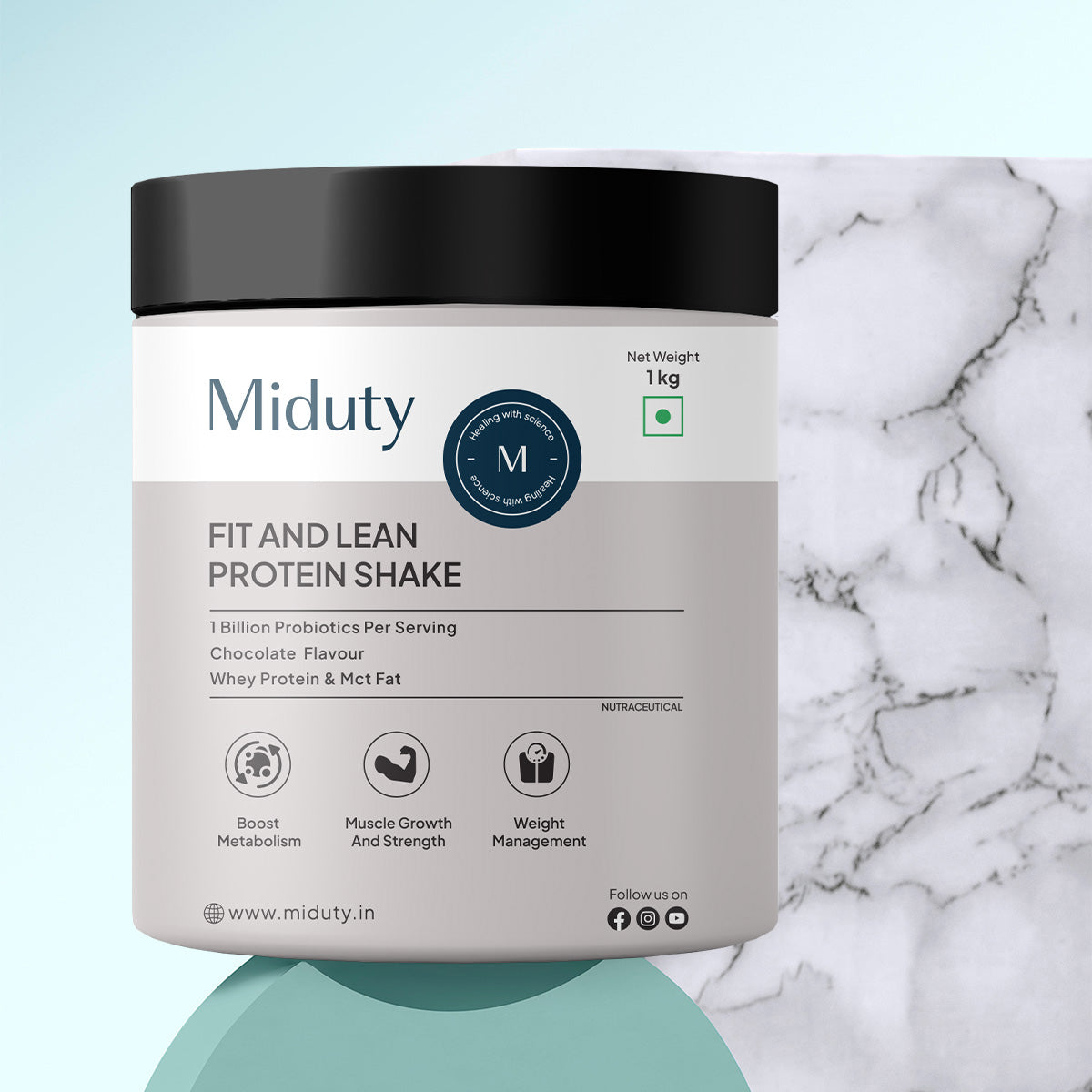
Intermittent Fasting: Does It Work or Not?
Key Takeaways
1. Intermittent Fasting's Function: Intermittent fasting (IF) alternates between eating and fasting, shifting the body from glucose use to fat burning. This process affects hormones, reduces insulin levels, and promotes cellular repair, which can improve metabolic efficiency and support fat loss.
2. Health Benefits: IF offers benefits like weight loss, better insulin sensitivity, and lower blood glucose, which support metabolic health. Fasting also promotes autophagy, helping with cellular repair and potentially enhancing longevity.
3. Cognitive and Physical Advantages: IF may boost mental clarity by stimulating brain-derived neurotrophic factor (BDNF), which aids cognitive health. It also promotes fat burning, satiety, and detoxification, giving the body time to focus on repair processes.
4. Expert Tips for Success: To optimize IF, experts recommend focusing on nutrient-dense foods, balancing macronutrients, staying hydrated, controlling portions, avoiding processed foods, and considering bulletproof coffee for added energy without blood sugar spikes.
5. Challenges and Suitability: While IF has many benefits, it's not for everyone; restrictive eating windows may be challenging, and side effects like fatigue can occur. Personalization and consulting a healthcare professional can help determine if IF aligns with individual health goals.
You've seen the Instagram posts and heard the buzz from friends: intermittent fasting (IF) is the latest health craze claiming to transform your body and mind. You might have even given it a shot yourself, riding the highs of feeling lighter and the lows of battling hunger.
The question that remains at large is whether intermittent fasting is just another fleeting trend or if it truly lives up to its promises.
Let's cut through the hype and delve into the real effects of intermittent fasting to find out if it's worth the hype or if it's time to move on to the next big thing.
Does Intermittent Fasting Work or Not?
The central question everyone asks about intermittent fasting is: Does it work? The answer isn't straightforward, but let's break it down.
How Does Intermittent Fasting Work?
Intermittent fasting works by alternating between periods of eating and fasting, which influences how your body uses energy. During fasting periods, your body shifts from using glucose for energy to burning stored fat, enhancing fat metabolism.
This shift also impacts hormones and reduces insulin levels, which supports fat burning and improves insulin sensitivity.
Additionally, fasting periods stimulate cellular repair processes like autophagy, where damaged cells are cleaned out and replaced, contributing to overall health and metabolic efficiency.
It helps regulate hunger and satiety by influencing key hormones like ghrelin and leptin. During fasting, ghrelin levels may decrease over time, reducing feelings of hunger, while leptin levels increase, promoting feelings of fullness.
This hormonal balance can lead to fewer cravings and a more mindful relationship with food, making it easier to maintain healthy eating habits and achieve weight management goals.
What Benefits Does Intermittent Fasting Offer?
|
Benefits |
Description |
Weight Loss
|
Intermittent fasting can indeed be effective for weight loss. Studies reveal that IF can lead to significant reductions in body fat. For many, IF simplifies calorie management by limiting the eating window, which can naturally lead to consuming fewer calories. Additionally, the weight loss benefits of IF aren’t solely due to reduced calorie intake. Fasting periods can also boost metabolism by increasing norepinephrine levels, which enhances fat burning. A study in The Journal of Clinical Endocrinology & Metabolism found that intermittent fasting can improve metabolic rate, further supporting its role in weight management. [1] |
Metabolic Health
|
According to research published in Cell Metabolism, IF can lead to lower insulin levels and better blood sugar control. These improvements are crucial for reducing the risk of type 2 diabetes and other metabolic disorders.[2] |
Cellular Repair and Longevity
|
Another compelling aspect of intermittent fasting is its impact on cellular repair processes. During fasting, cells initiate autophagy, a process that removes damaged components and regenerates healthy cells. This has been linked to reduced risks of chronic diseases and improved overall health. [3] |
Cognitive Function
|
For those seeking mental clarity and cognitive benefits, intermittent fasting might be a boon. Fasting periods can stimulate the production of brain-derived neurotrophic factor (BDNF), a protein associated with cognitive health. [4] |
Fat Burning & Satiety
|
Intermittent fasting promotes fat-burning and satiety by cycling between periods of eating and fasting, which can enhance metabolic flexibility. During fasting, insulin levels drop, allowing the body to shift from using glucose to burning fat for energy. This process encourages fat loss while also increasing the production of norepinephrine, a hormone that boosts fat breakdown. |
Detoxification
|
Intermittent fasting can help with detox by giving your body a break from constant digestion. When you fast, your body has time to focus on repairing and cleaning itself, flushing out toxins and waste. During this fasting period, your cells can initiate processes like autophagy, where they remove damaged components. This helps improve overall health and can lead to better energy levels and clearer skin, making you feel revitalized. |
What are the Expert Tips for Intermittent Fasting?
Here are the expert tips that you should consider when you are doing Intermittent Fasting.
- Choose Nutrient-Dense Foods: Opt for nutrient-packed foods to make meals count. Start with protein (lean meats, yogurt, legumes) to aid muscle preservation. Include leafy greens, cruciferous vegetables, and healthy fats (avocado, nuts, seeds) for energy and satiety.
- Balance Macronutrients: Ensure proteins, fats, and carbs are balanced in each meal. Proteins support muscle, fats (from avocados, and nuts) provide lasting energy, and slow-digesting carbs (vegetables, legumes) maintain steady blood sugar. Additionally, you can take a high-quality protein supplement.
- Stay Hydrated: Drink at least eight glasses of water daily, add herbal teas for variety, and replenish electrolytes if fasting for long periods to curb hunger and support metabolism.
- Plan Balanced Meals: Structure meals to be nutrient-dense and varied. Schedule, prep ahead, and include diverse foods to cover nutritional needs and stick to healthy choices. Download our free intermittent fasting diet plan for clear, nutritious food choices that supercharge your fasting journey!
- Control Portion Sizes: Use smaller plates, pay attention to fullness cues, and measure calorie-dense items to avoid overeating and maintain calorie control.
- Limit Processed Foods and Sugars: Skip sugary drinks and refined snacks; instead, enjoy healthier alternatives like dark chocolate, unsweetened nuts, or homemade whole-ingredient treats.
- Consider Bulletproof Coffee: This blend of coffee with ghee or MCT powder provides quick energy and mental clarity without blood sugar spikes, ideal for fasting or focus.
What are the Challenges and Considerations?
Despite its potential benefits, intermittent fasting may not be suitable for everyone. For some, the restrictive eating windows can be difficult to maintain, and it might lead to nutrient deficiencies if not carefully managed.
Moreover, some individuals may experience side effects such as irritability or fatigue, particularly during the initial adjustment phase.
Personalization is crucial. While intermittent fasting works well for many, it's essential to listen to your body and adjust as needed. Consulting with a healthcare professional can help determine if IF aligns with your health goals and lifestyle.
Conclusion
Intermittent fasting offers a range of benefits, from weight loss and improved metabolic health to potential enhancements in cellular repair and cognitive function. While it shows promise and can be effective for many, its success largely depends on individual factors and adherence.
The key is to approach intermittent fasting with a clear understanding of its effects and ensure it fits into your health strategy. As research continues, we'll gain a clearer picture of its long-term benefits, but for now, intermittent fasting remains a powerful tool for those who can harness its potential.
Frequently Asked Questions (FAQs) on Intermittent Fasting
Q1 - Does Intermittent Fasting make you lose weight?
Yes, intermittent fasting can help with weight loss by reducing calorie intake and promoting metabolic changes, but individual results may vary.
Q2 - Will I gain weight after stopping Intermittent Fasting?
Weight gain after intermittent fasting can occur if you consistently consume more calories than you burn during eating periods. Maintaining a balanced diet is key to avoiding weight gain.
Q3 - Does Sleep count as Intermittent Fasting?
Yes, sleep is considered part of intermittent fasting since you're not consuming calories during that time. The fasting period typically includes the hours spent sleeping.
References



















